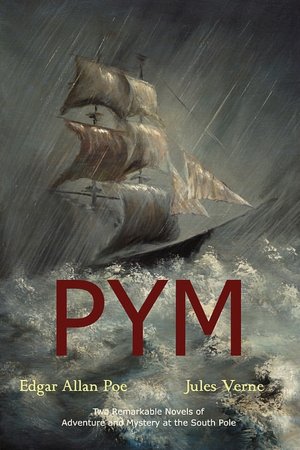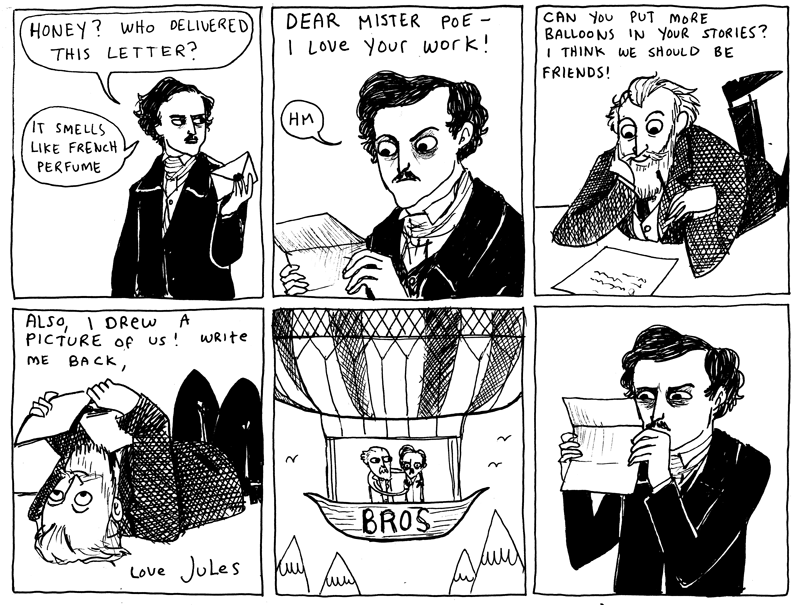Ray Bradbury, 1920-2012
/
I'll forgo the usual sources that I've been posting: I've been seperated from my usual research materials (which are sitting on a shelf at home), and went for a number of obituaries, fan sites and articles about the legendary author.
For my part, Bradbury was a giant figure in my early science fiction years. I was first introduced to him while a student in High School, when my English teacher, Mrs. Page (seriously the best name for an English teacher), had us read Fahrenheit 451 for a class assignment. I blew through the book and paid more attention to class after that. At some point in class, we also read Soft Rains Will Come, and I was encouraged to read more of Bradbury's stories, particularly R is for Rocket and S is for Space. I picked up more of his books (although to this day, I've never been able to get through The Martian Chronicles), and whenever I picked up a new anthology, I always flipped to the Bradbury story first.
Bradbury's words always captured me and my imagination, bringing me out to Mars and back down to Earth, and there was always a story to fit whatever moon I was in when I picked up the book. Along with Isaac Asimov and Arthur C. Clarke, Bradbury was the most influential for my young, impressionable mind, and I shall always appreciate his prose and his exceptional mind.

 My latest column for Kirkus reviews has just been posted! While doing some reading on Edgar Allan Poe, I came across an interesting point: Poe only wrote a single novel, The Narrative of Arthur Gordon Pym of Nantucket, which was later picked up upon by legendary science fiction author, Jules Verne in An Antarctic Mystery. In a large way, it was one of the first works of fan fiction!
My latest column for Kirkus reviews has just been posted! While doing some reading on Edgar Allan Poe, I came across an interesting point: Poe only wrote a single novel, The Narrative of Arthur Gordon Pym of Nantucket, which was later picked up upon by legendary science fiction author, Jules Verne in An Antarctic Mystery. In a large way, it was one of the first works of fan fiction! 
